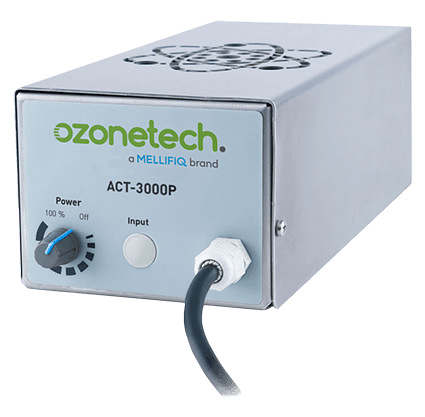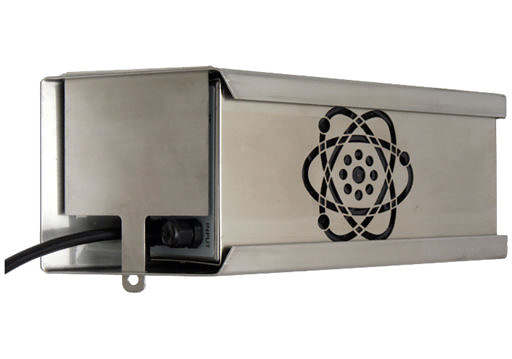Request a qoute.

Solve your grease trap odor problems with a compact and sustainable solution
Grease traps make great efforts for the environment. Less grease in the wastewater reduces the problems in sewage pipes, pump stations and sewage stations.
But the grease trap also spreads odors in the environment via ventilation ducts, vent pipes and often also directly from the room where the grease trap is located. This can cause problems for those living in the immediate area.
The odor problem can easily be remedied with a continuous supply of ozone. In addition to the smell, microorganisms, bacteria and viruses are also rapidly and efficiently reduced without leaving any chemical by-products. Supplying ozone can greatly reduce the spread of these odors while you significantly improve the hygiene of the space.
Grease traps must be installed according to EN1825-1 if there is a risk that more than insignificant amounts of fat are flushed out into the drain. In most cases, installing grease traps is required for properties with restaurants and large kitchens as tenants.
Ozone purification with ACT-3000P
The ozone production can be adjusted to match the magnitude of the odor issue, and it is continuously applied around the clock to effectively minimize odor. The ACT-3000P is user-friendly and has minimal operating costs.
ACT-3000P is developed and manufactured in Sweden by Ozonetech. Our large custom-made system solutions for air and water purification are found worldwide in industries, wastewater treatment plants, yeast factories, pharmaceutical industries, breweries, greenhouses and shopping centers. We are fast growing and multiple award-winning.
ACT-3000P is developed for professional cleaning and disinfection in industry, service sector and municipal operations.


Easy installation and operation
1. Mount the ACT-3000P in the wall-mount bracket
2. Connect the membrane pump and the ozone injector
3. Insert the ozone injector into the vent pipe
4. Choose ozone production 1-100%
5. Production usually runs around the clock
6. Adjust ozone production if necessary
